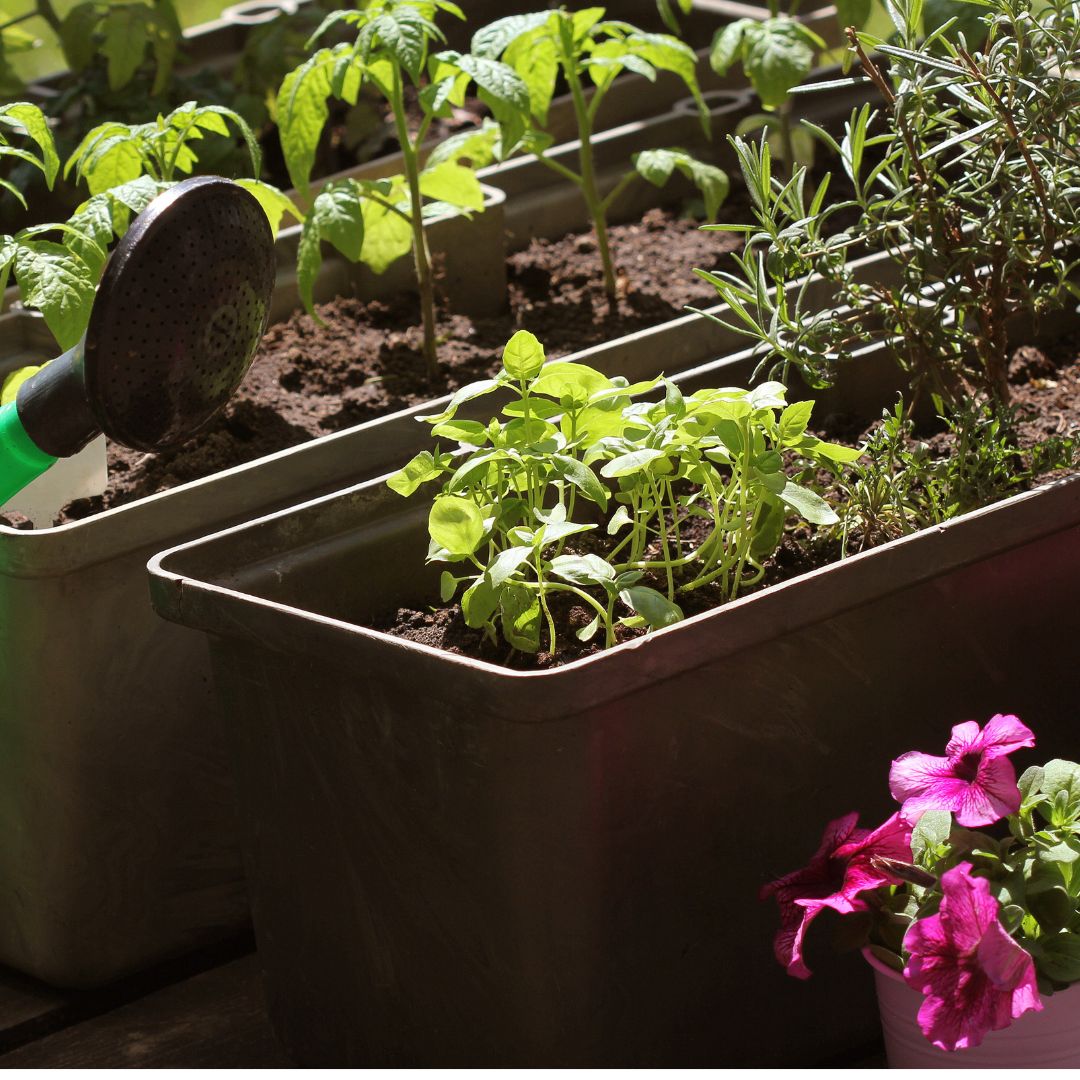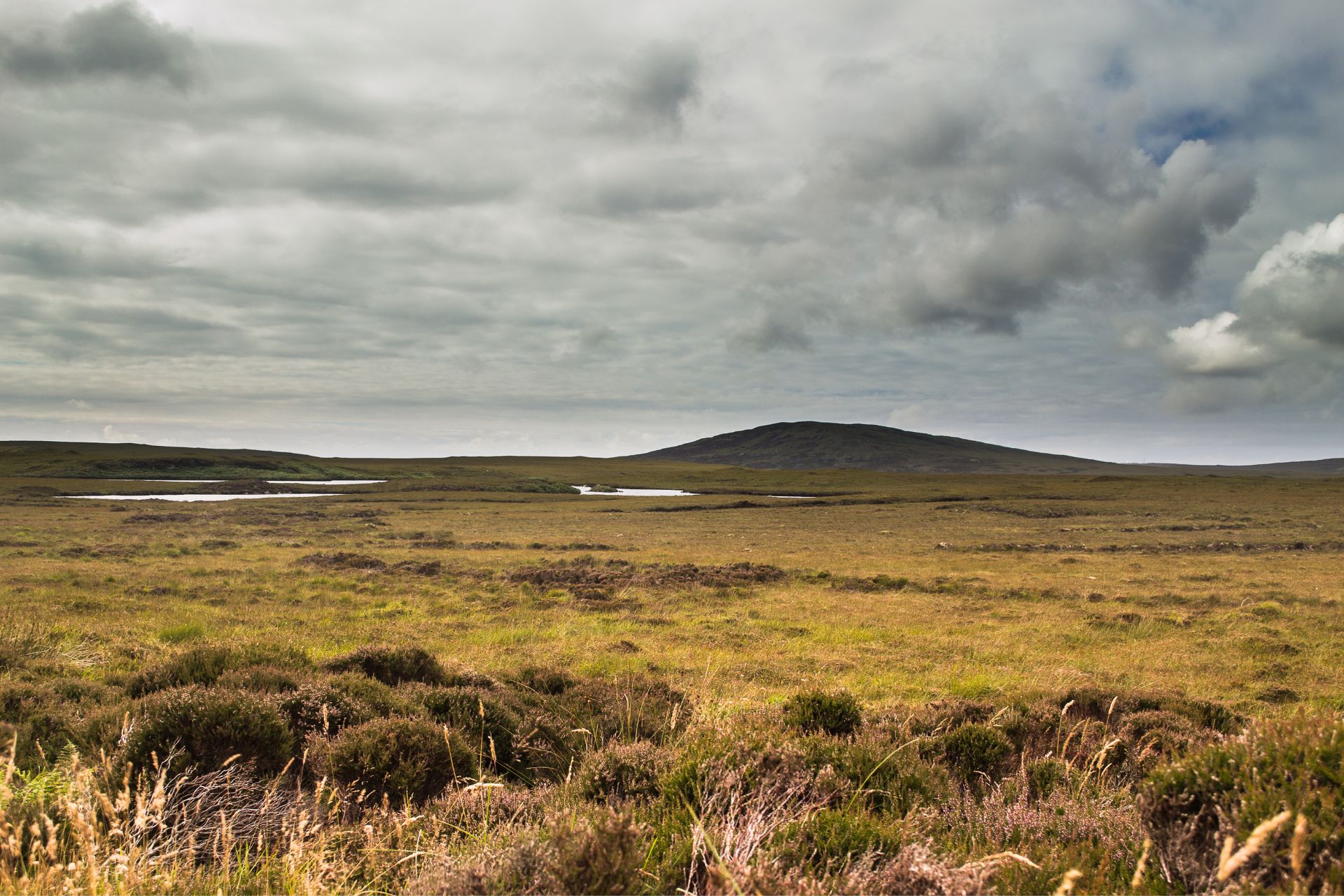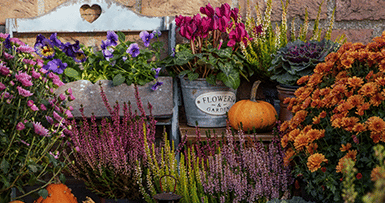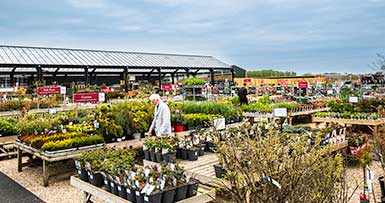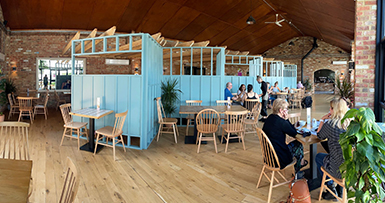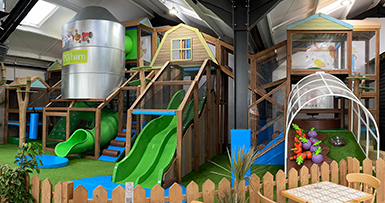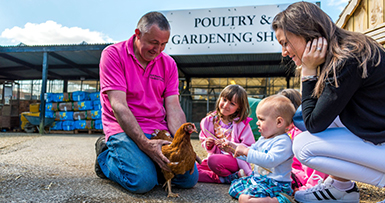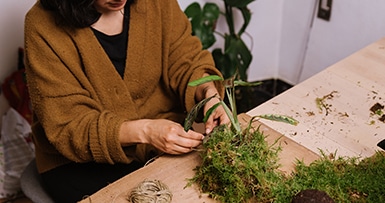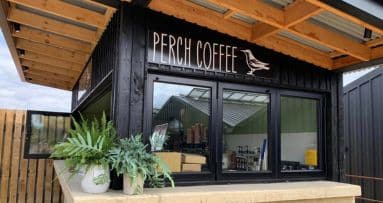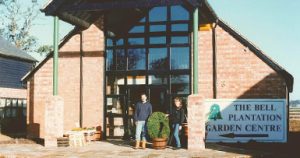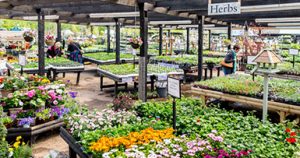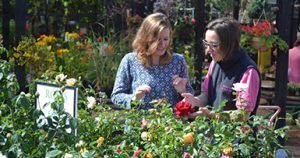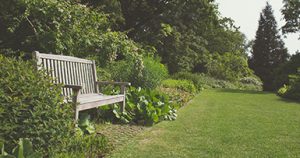In the realm of gardening, a quiet revolution is taking place as more and more enthusiasts recognise the importance of growing peat-free. Long revered for its ability to retain moisture and provide a stable environment for plant growth, peat has come under scrutiny due to its environmental impact. This blog post explores the reasons why adopting a peat-free approach is not just a trend but a crucial step towards sustainable and responsible gardening practices.
Embracing Sustainability: The Case for Growing Peat-Free
Preserving Fragile Ecosystems:
Peatlands are unique ecosystems that store vast amounts of carbon and support diverse flora and fauna. Harvesting peat for gardening disrupts these fragile environments, releasing stored carbon into the atmosphere and destroying habitats. Opting for peat-free alternatives helps preserve these invaluable ecosystems and contributes to the conservation of biodiversity.
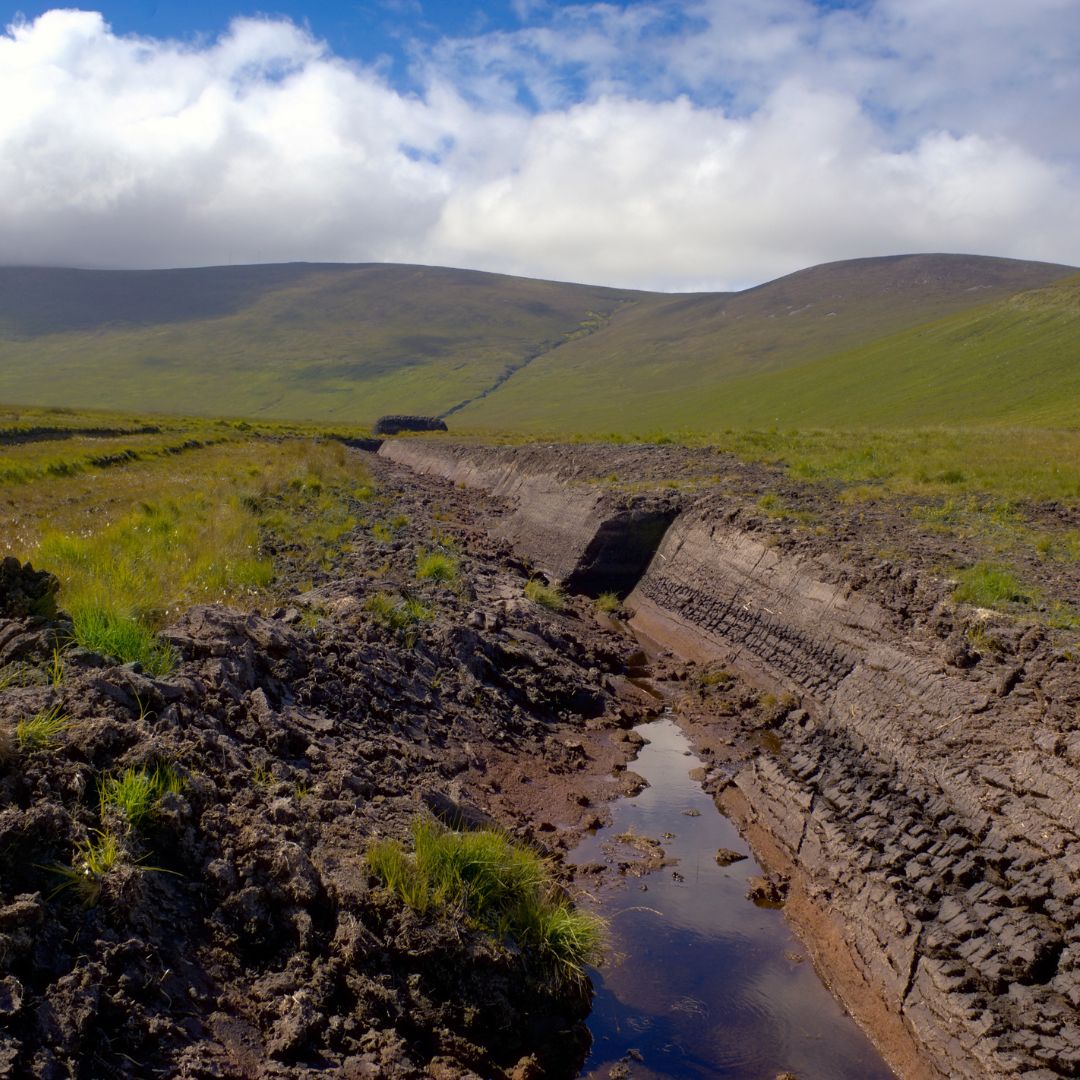
Reducing Carbon Footprint:
The extraction and transportation of peat contribute significantly to greenhouse gas emissions. By choosing peat-free compost and soil amendments, gardeners play a role in reducing their carbon footprint. Peat-free alternatives, often made from sustainable materials like coconut coir, wood fiber, or green waste compost, offer a greener option that doesn’t compromise on the quality of your soil.

Addressing Climate Change:
Peatlands act as carbon sinks, playing a crucial role in addressing climate change by capturing carbon dioxide. When peat is harvested, this stored carbon is released into the atmosphere, intensifying the greenhouse effect. Choosing peat-free options contributes to climate change mitigation by steering clear of the unnecessary disruption of these carbon-rich ecosystems.
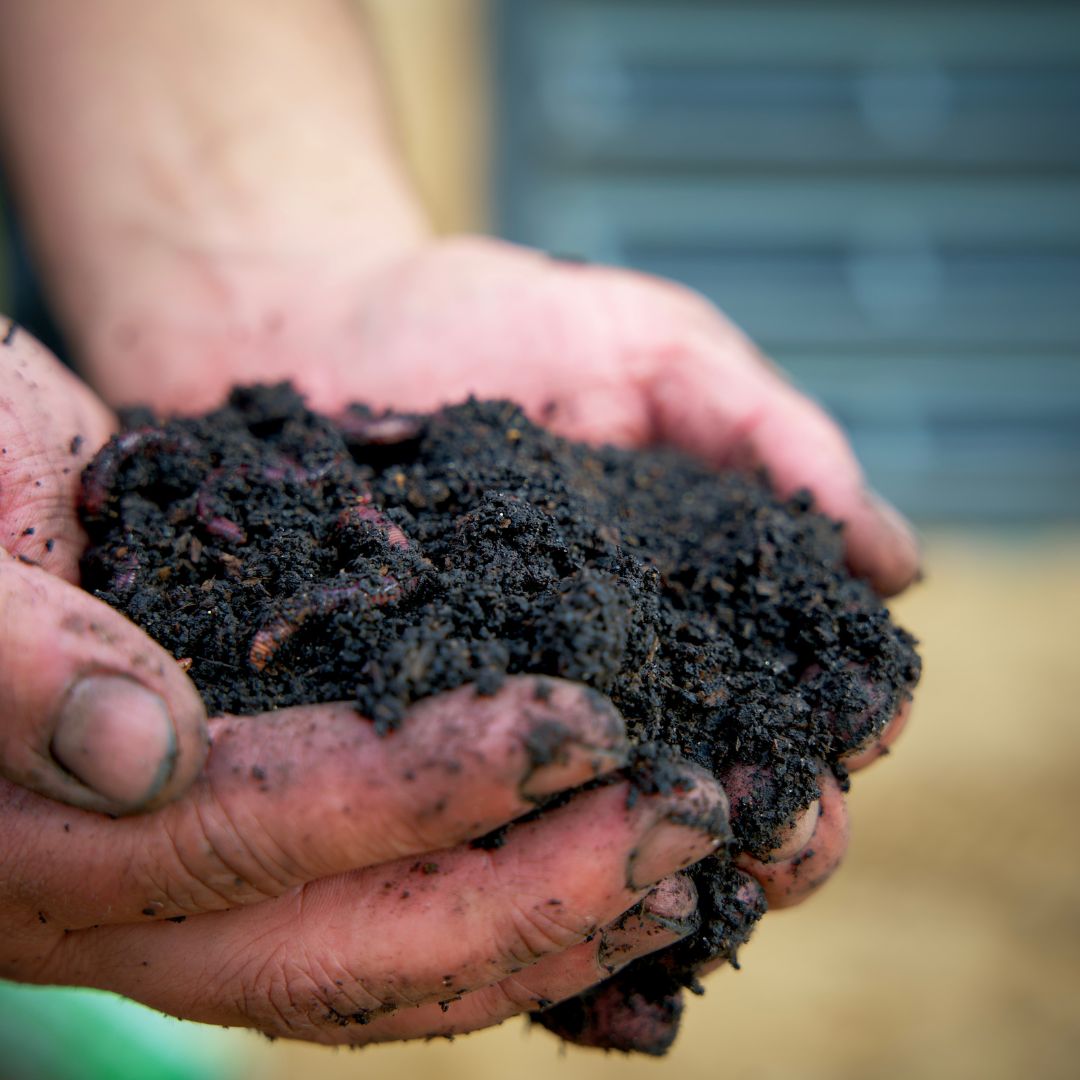
Promoting Responsible Land Use:
Peat extraction can result in the degradation of landscapes and the loss of valuable habitats. Choosing peat-free alternatives sends a powerful message to the horticulture industry, encouraging a shift towards responsible land use practices. Supporting sustainable and ethical gardening practices fosters a more environmentally conscious approach to horticulture.
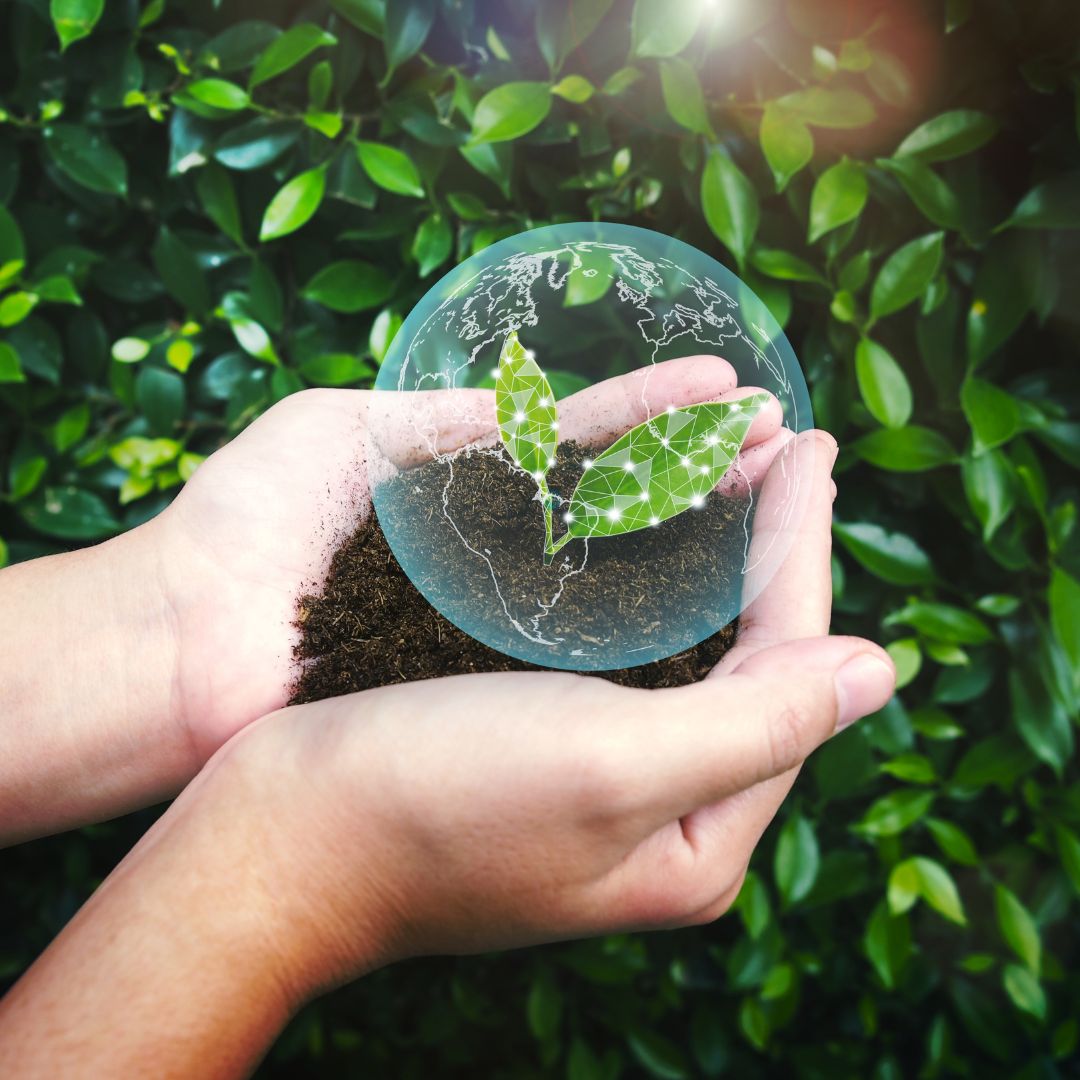
Enhancing Soil Structure and Health:
Peat-free composts and soil conditioners offer benefits beyond environmental conservation. These alternatives often improve soil structure, drainage, and water retention. They can also enhance nutrient availability, providing a healthier and more balanced growing environment for plants. By adopting peat-free gardening practices, you not only contribute to environmental sustainability but also promote the vitality of your garden.

Meeting Consumer Demand:
As awareness of environmental issues grows, consumers are increasingly seeking sustainable and eco-friendly products. The demand for peat-free options has spurred innovation in the horticulture industry, leading to the development of effective alternatives that meet both environmental and gardening needs. By choosing peat-free products, gardeners contribute to this positive trend and encourage further advancements in sustainable gardening solutions.
